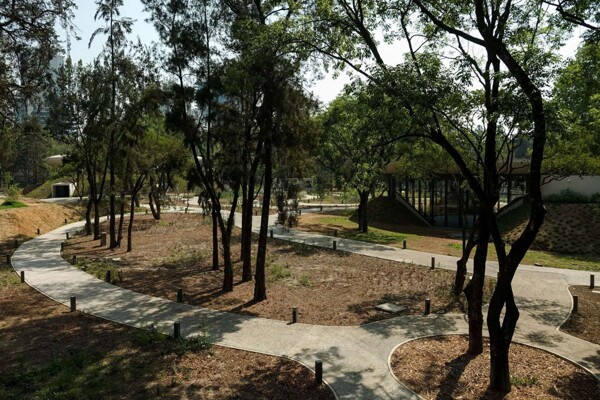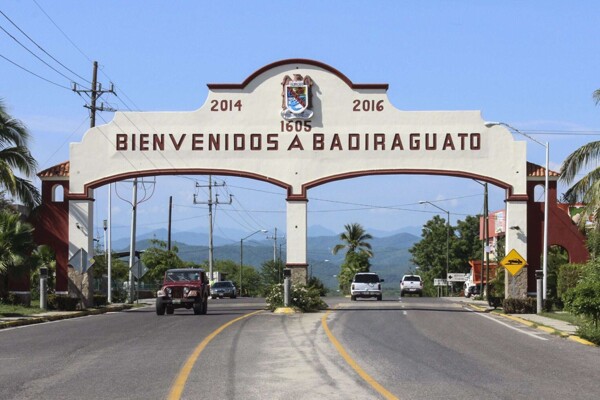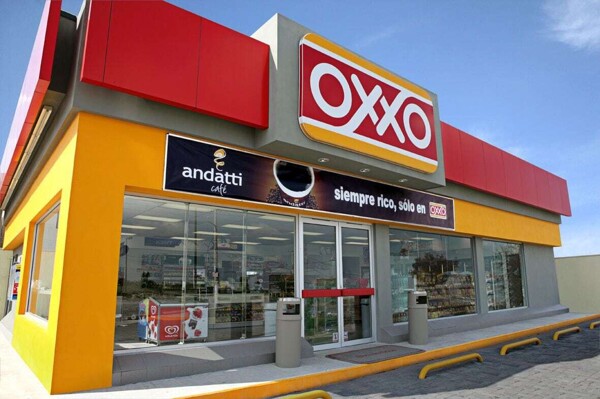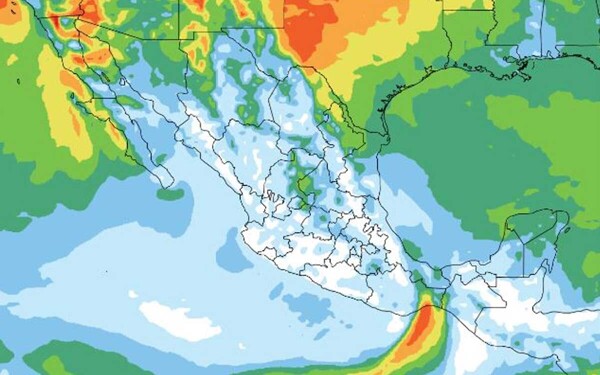On October 29, World Stroke Day is celebrated, a condition that takes the lives of 20.5 million people each year worldwide. Julio Olvera, president of the Mexican Society of Emergency Medicine (SMME), highlights the importance of recognizing symptoms and acting quickly to improve prognoses and save lives.
Despite the common belief that strokes primarily affect older individuals, they can occur in people of any age, including young people. Acting quickly and calling 911 within four and a half hours of the onset of symptoms can significantly reduce the risk of disability or death.
The myth that there are no symptoms until it is too late is debunked, as a stroke can present several symptoms. Remembering the CAMALEÓN strategy (Hanging Face, Heavy Arm, Slurred Speech, and the need to take action) can help identify these symptoms and act promptly.
Although strokes cannot be predicted, prevention plays a key role. Education about the symptoms and the importance of seeking immediate medical attention is crucial for saving lives. Rehabilitation is essential for optimal recovery, even if there are no visible damages.
It is vital to undergo regular medical check-ups to detect risk factors such as hypertension or coagulation problems, as up to 80% of strokes are preventable. Speed in medical attention is crucial, as every minute counts during a stroke.
The Mexican Society of Emergency Medicine A.C. calls on the population to inform themselves about the symptoms, share this message, and be prepared to act on the first signs of a stroke. Monitoring blood pressure, cholesterol, avoiding smoking, and maintaining a healthy weight are measures that can reduce the risk.
In Mexico, around 170,000 cases of stroke events are recorded annually, making it one of the leading causes of permanent disability. The SMME recommends calling 911 at any suspicion of a stroke, as immediate hospital care can make the difference between life and death. Every minute counts in these cases, and prompt response can save lives and improve the quality of life for those who survive.














